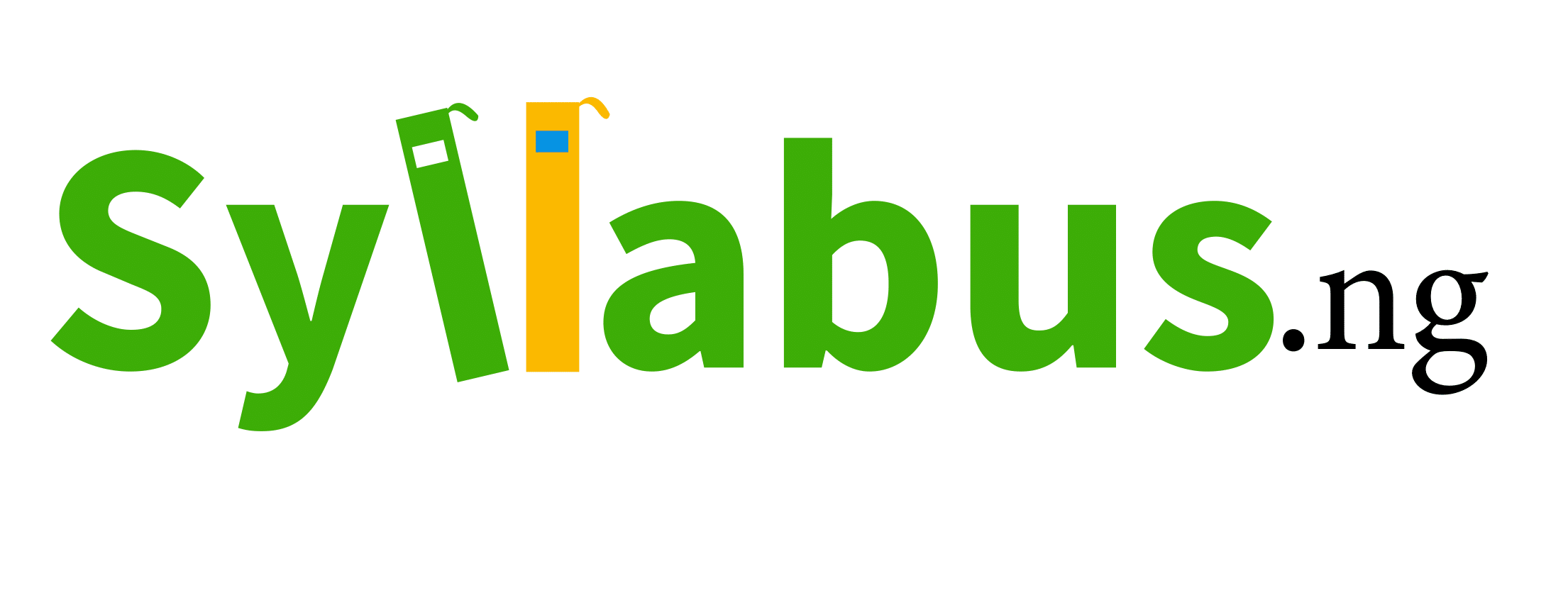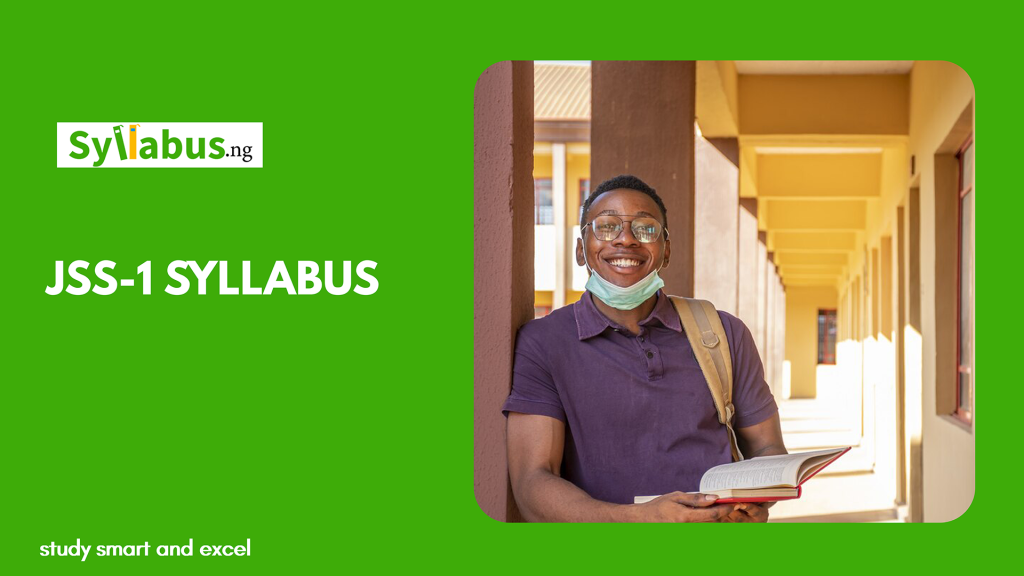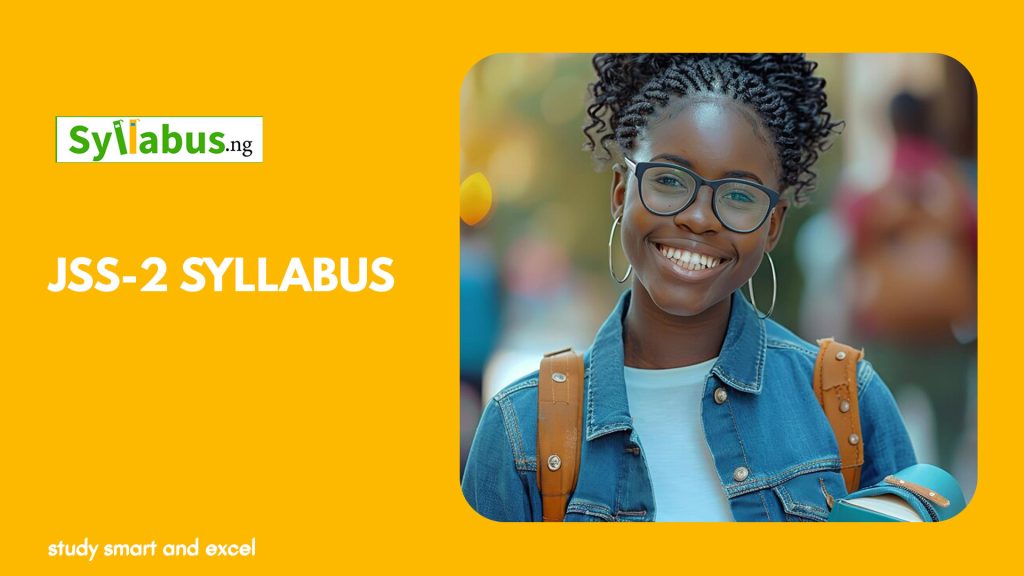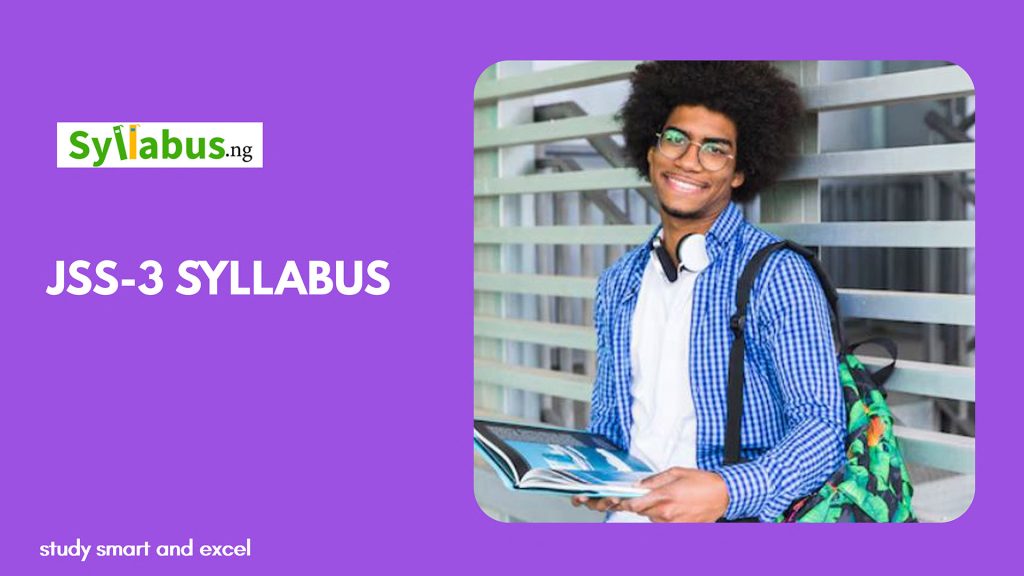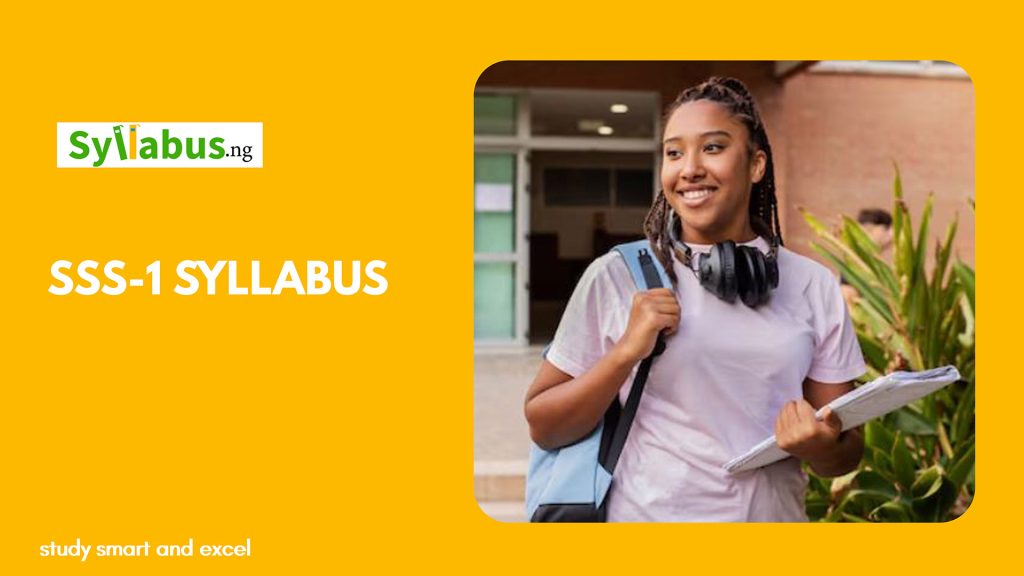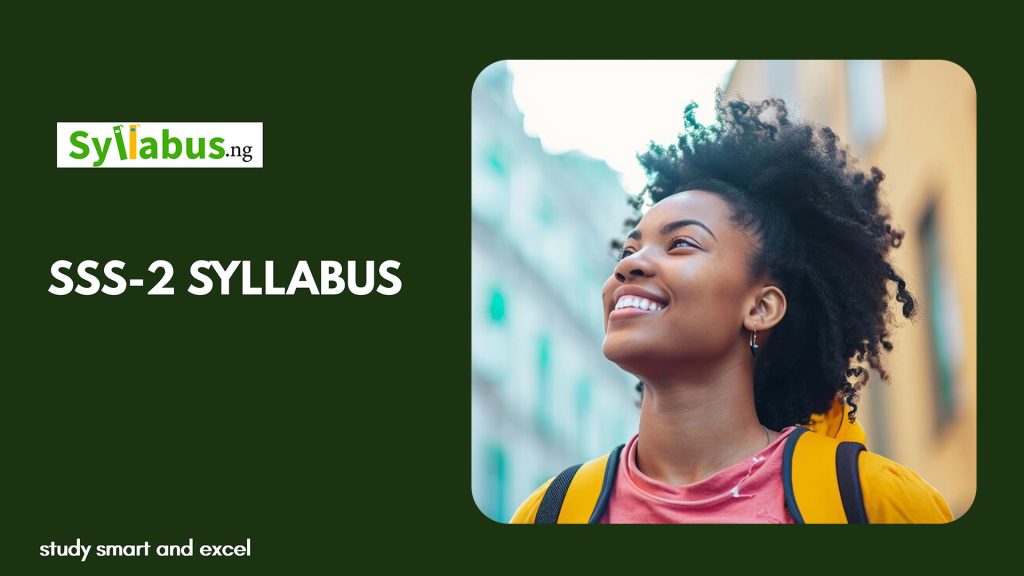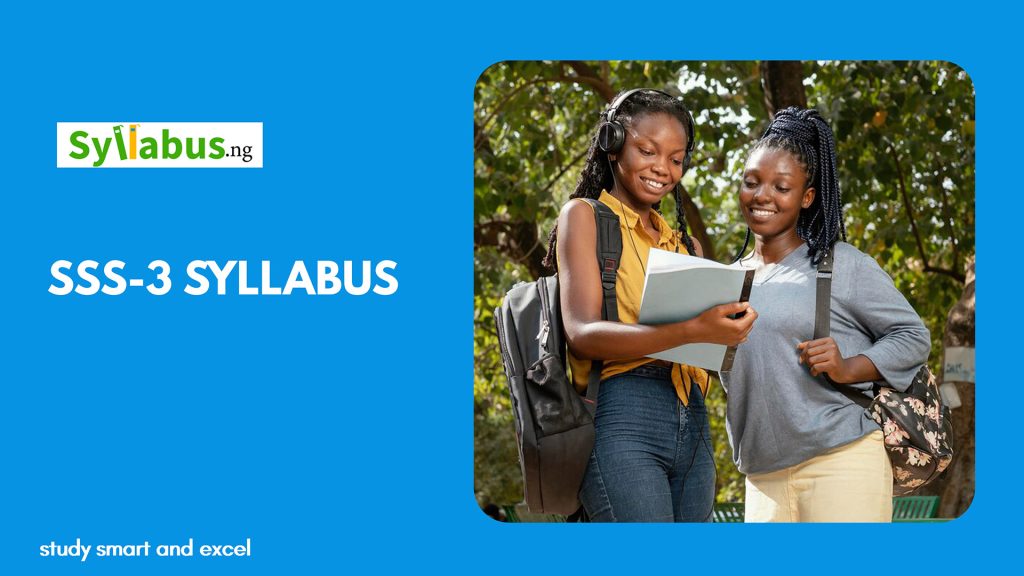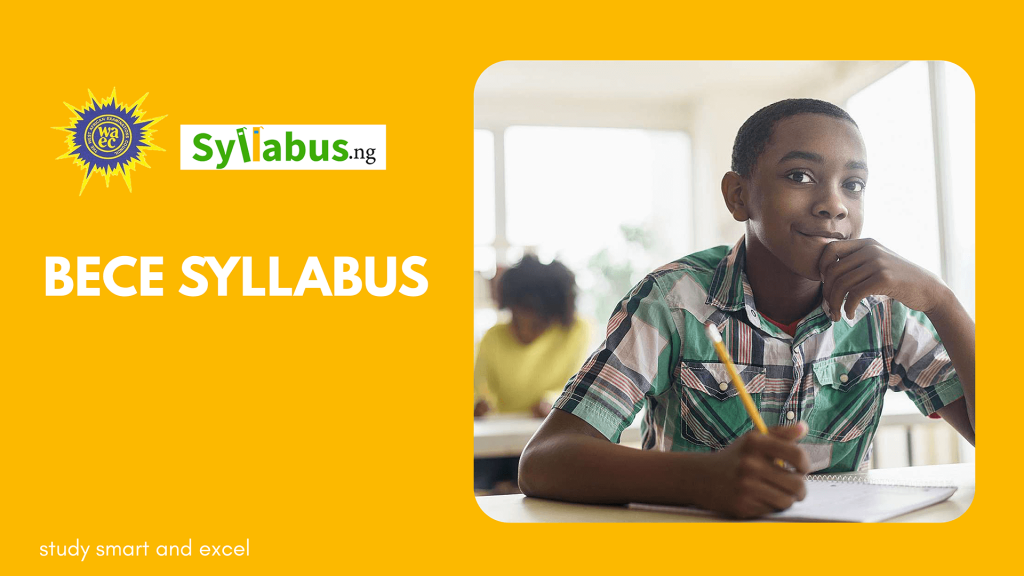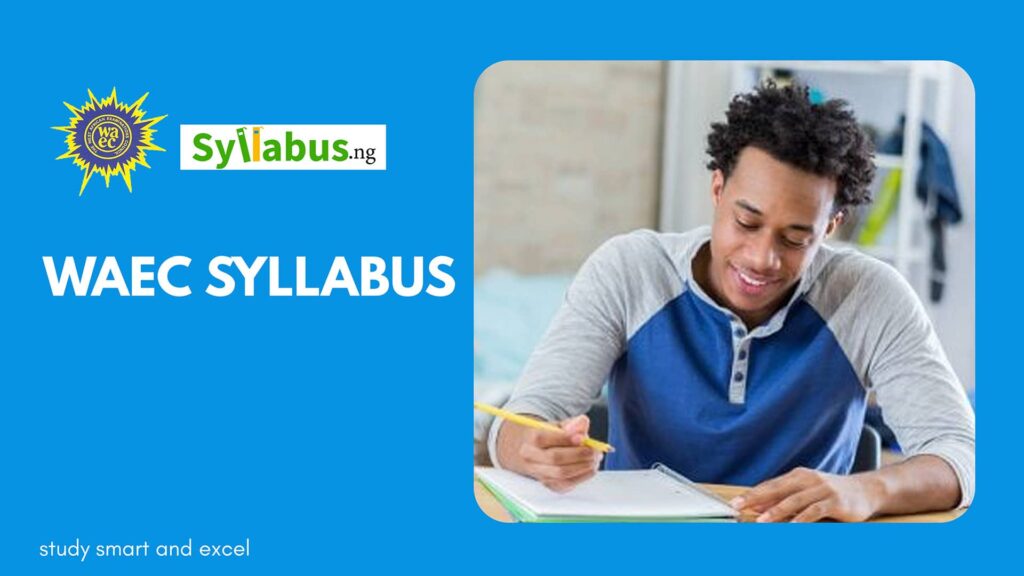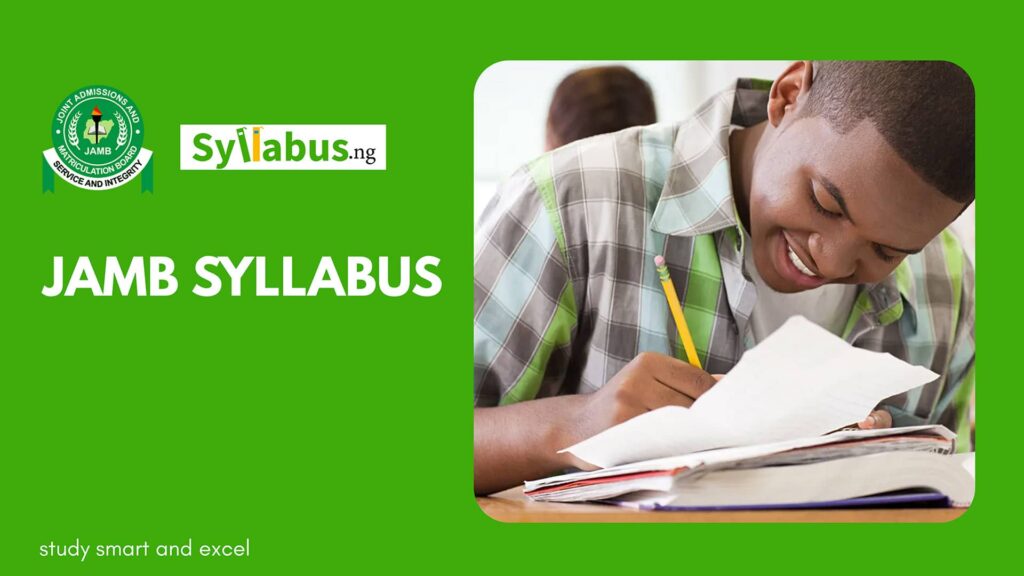JSS2 Scheme of Work
The Junior Secondary School 2 (JSS2) Unified Scheme of Work in Nigeria serves as a guideline for educators to plan and execute teaching activities throughout the academic year.

Home » JSS2 Scheme of Work
Home » JSS2 Scheme of WorkIn Nigeria, the second year of junior secondary education, known as JSS2, signifies a stage of academic progression. Generally, students at this level are approximately between the ages of 12 and 14. During this stage, students explore various topics in greater detail, expanding upon the basics covered in JSS1. Also, the curriculum incorporates extracurricular activities to promote comprehensive growth.
The Junior Secondary School 2 (JSS2) Unified Scheme of Work in Nigeria serves as a comprehensive guideline for educators to plan and execute teaching activities throughout the academic year. The new scheme is driven by technology and has equally enhanced the active participation of learners, improving standards in schools across the state and tilting the students to internationally acceptable learning standards.
In 2023, the state governments unveiled the reviewed unified scheme of work, mobile learning devices, and e-books for secondary school students, designed to make learning more engaging and student-centred. The scheme of work is aimed at helping the teachers develop lesson plans and notes that will reflect 21st-century learning, enabling students to study and research on their own. It is also aimed at enhancing the quality of education and ensuring consistency in teaching and learning across schools in the state.
The unified scheme of work contains syllabi of various subjects required for the Basic Education Certificate Examination (BECE). It also contains lesson plans, assessment methods, and teaching methodologies which are strategic for effective teaching and learning.
The Lagos State Scheme of Work typically covers a range of subjects taught in primary and secondary schools within the state. There are 12 subjects covered by the unified scheme with French being optional. The subjects include
The subjects include:
- Mathematics
- English Language
- Basic Science
- Basic Technology
- Social Studies
- Civic Education
- Agricultural Science
- Business Studies
- Cultural and Creative Arts
- Computer Studies/ICT
- Physical and Health Education
- French Language (where applicable)
- Islamic Religious Studies (IRS)/Christian Religious Studies (CRS).
In addition, educational resources such as mobile learning devices, and e-books for secondary school students were made available to enhance learning and boost productivity
All JSS2 Scheme of Work
About us
Welcome to Syllabus.ng, your premier destination for all educational resources and exam preparation materials in Nigeria and the world.
Our mission is simple yet impactful: to empower learners of all ages and backgrounds with resources they need to succeed academically.
It is always better to work smarter than work harder. At Syllabus NG, our goal is to make our audience work smarter to achieve their educational and career goals.
At Syllabus.ng, we understand the importance of quality, relevance, and accessibility in education. That’s why we’ve curated a vast collection of syllabus materials, study guides, and exam preparation resources from trusted sources, ensuring that our users have access to accurate, up-to-date, and comprehensive content.
Our team of dedicated professionals brings together diverse expertise in education, technology, and content curation to deliver an unparalleled learning experience.
But our commitment to education goes beyond just providing study materials. We’re also a community-driven platform that offers support, guidance, and encouragement to students facing unique challenges and barriers. From informative articles and expert tips to interactive forums and personalized assistance, we strive to empower every student with the knowledge, skills, and confidence they need to thrive academically and beyond.
As you navigate the educational landscape, trust Syllabus.ng to be your reliable companion. Whether you’re preparing for national examinations, international certifications, or school assessments, we’re here to support you every step of the way. Because we believe that every student deserves the opportunity to pursue their dreams and build a brighter future.
Join us on our mission to redefine the way education is accessed, experienced, and embraced. Together, let’s break down barriers to learning and create a world where education knows no bounds. Welcome to Syllabus.ng, where learning begins and possibilities are endless.
FAQs
A maximum of 15 subjects are to be taken in Junior secondary school, JSS 2.
There are eleven (11) compulsory subjects in the BECE.
- They include i. Mathematics vii. Business Studies ii. Basic Science & Technology viii. French iii. Nigerian Languages (Yoruba/Igbo/Hausa) ix. National Value on Education (NVE) iv. CRK/IRK x. Pre-Vocational Studies (PVS) v. Cultural & Creative Arts xi. Arabic (Optional) vi. English Studies xii. History.
There are 12 subjects covered by the unified scheme with French being optional.
